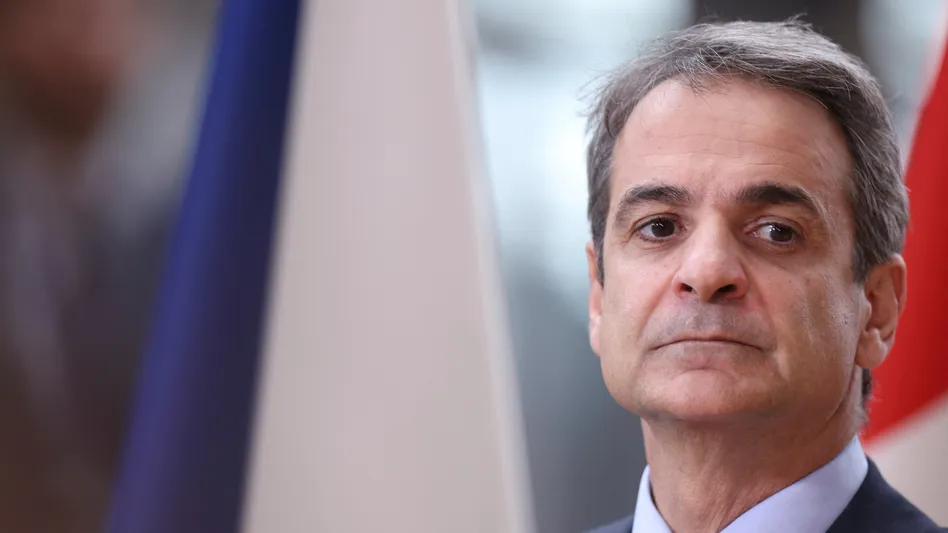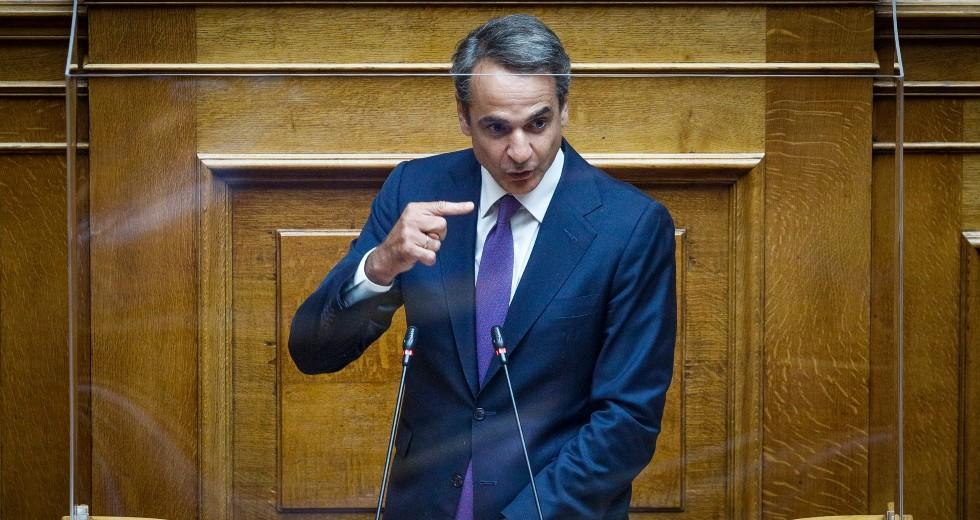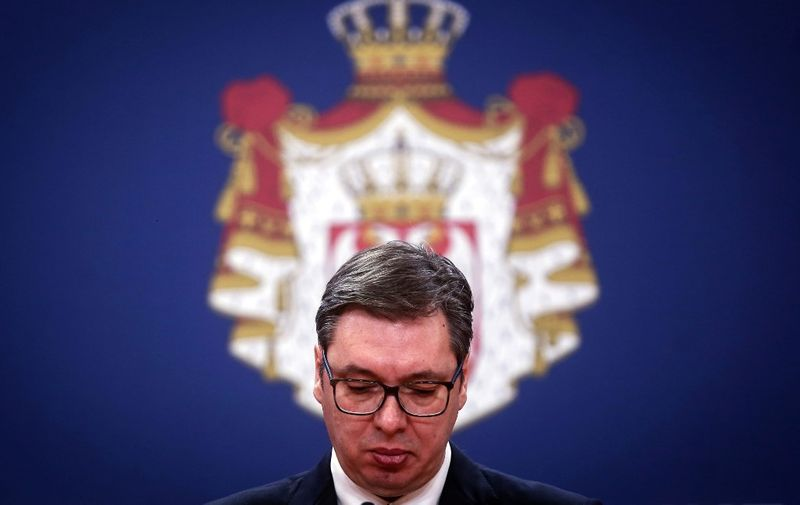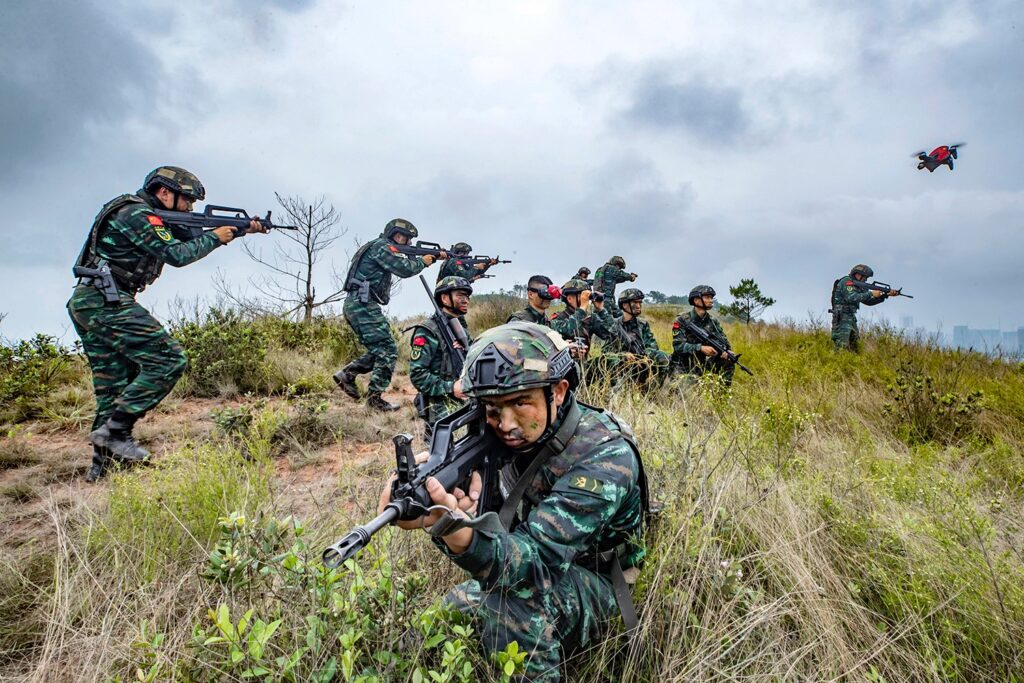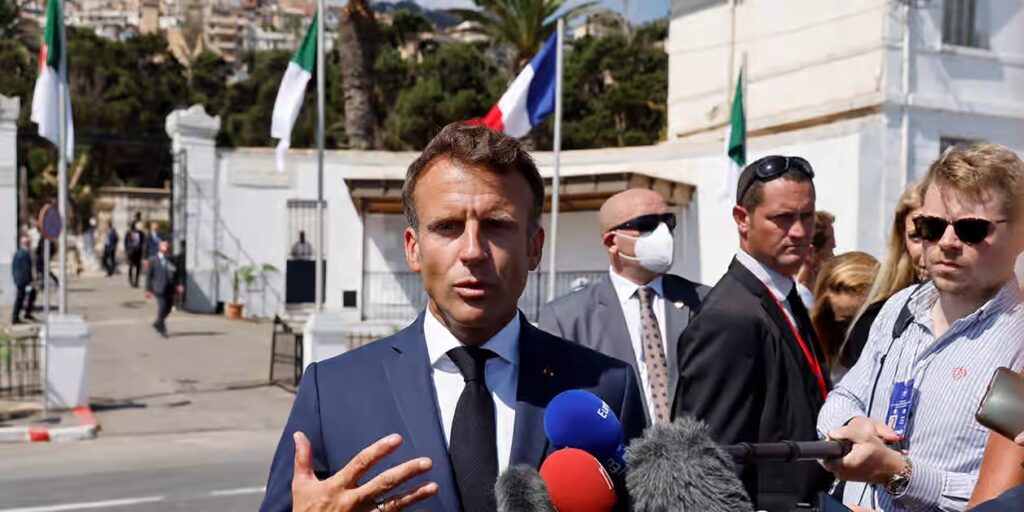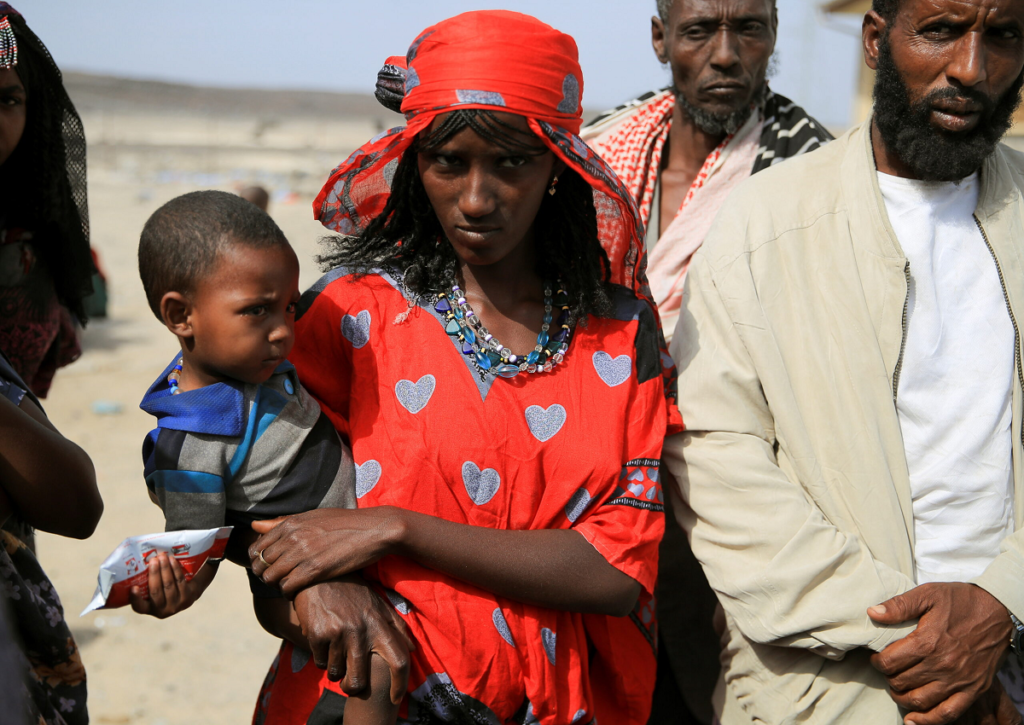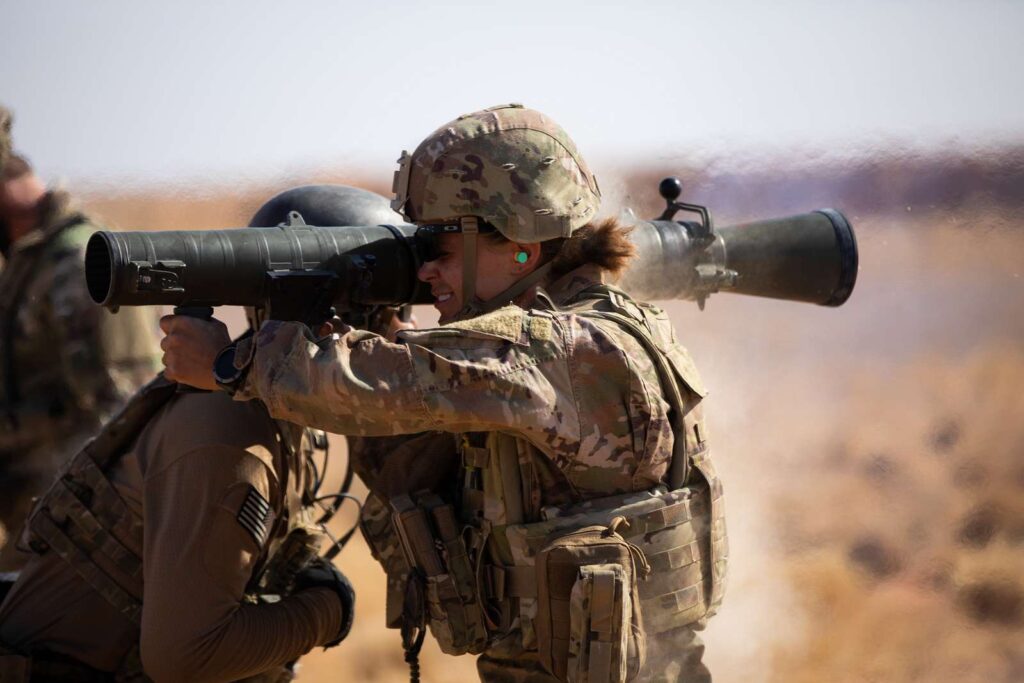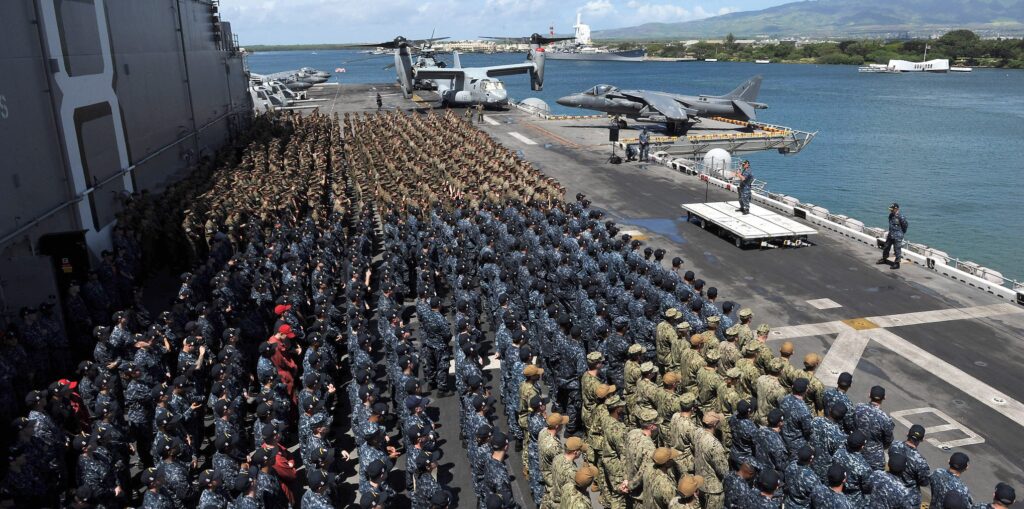Iraq In Political Turmoil
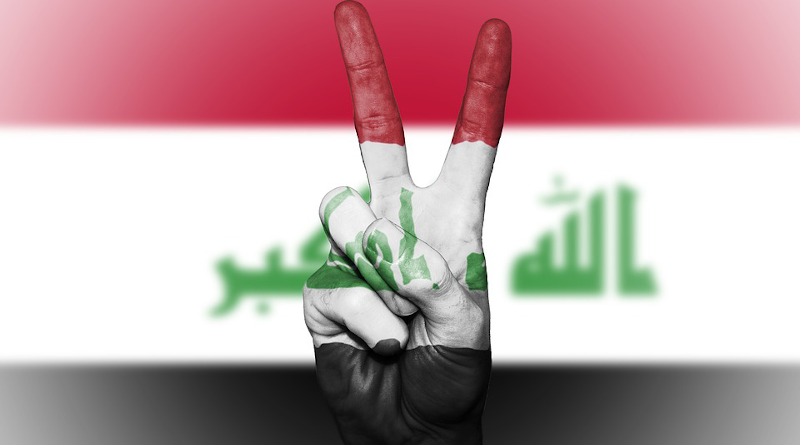
On July 30 hundreds of supporters of Moqtada al-Sadr, one of Iraq’s leading political figures, breached the parliament building in Baghdad’s fortified Green Zone, forced their way inside, and started a coordinated sit-in to protest at the recent nomination of Mohammed Shia al-Sudani for the premiership. Sixty protesters were injured in clashes with security forces. Three days earlier a mass protest outside parliament by al-Sadr supporters had ended only after al-Sadr tweeted a request to them to disperse.

